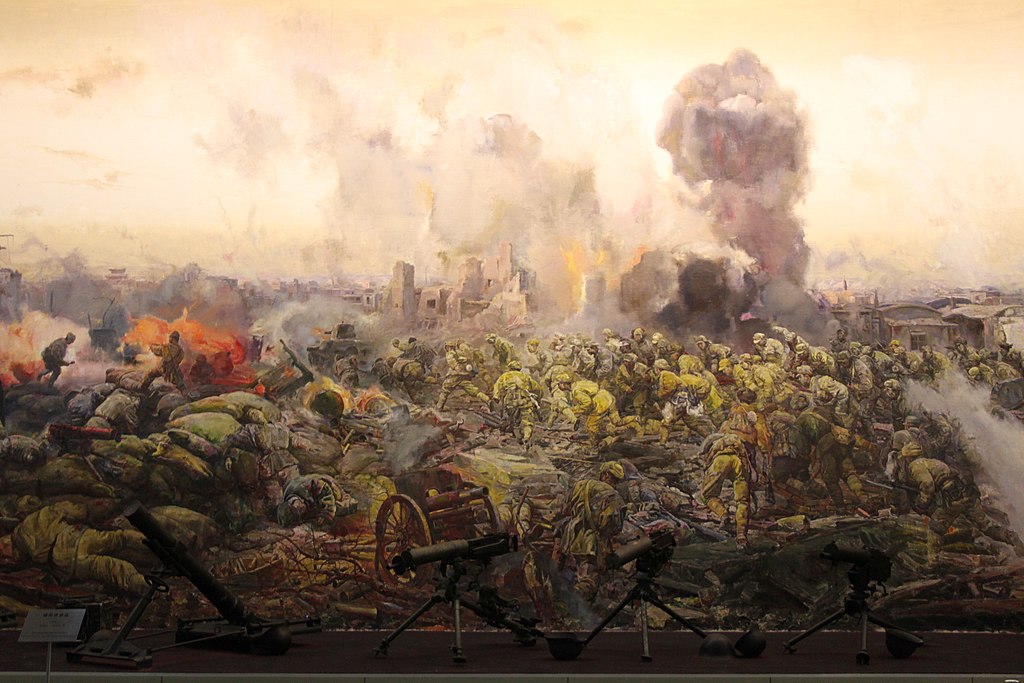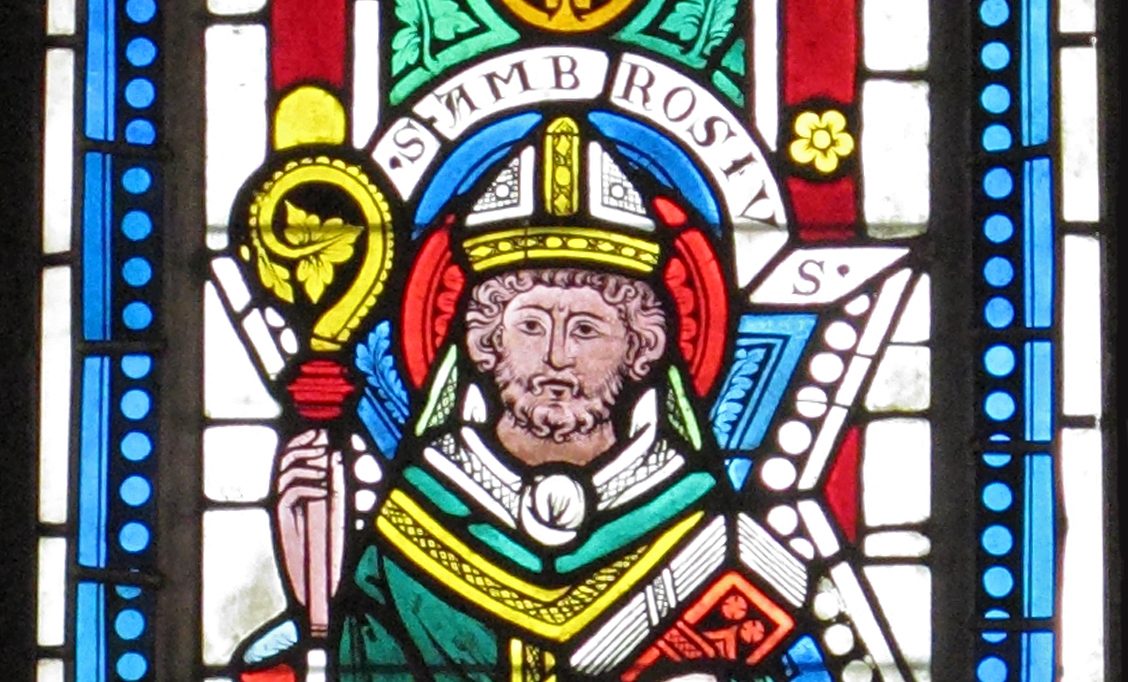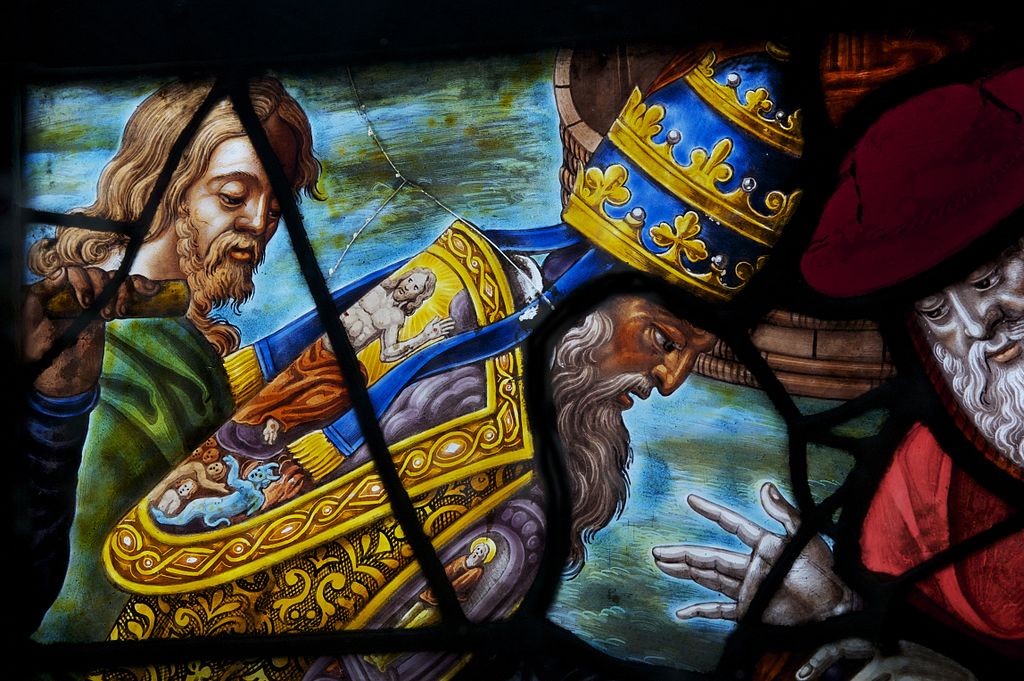How the Protestant Reformation set the stage for the Scientific Revolution
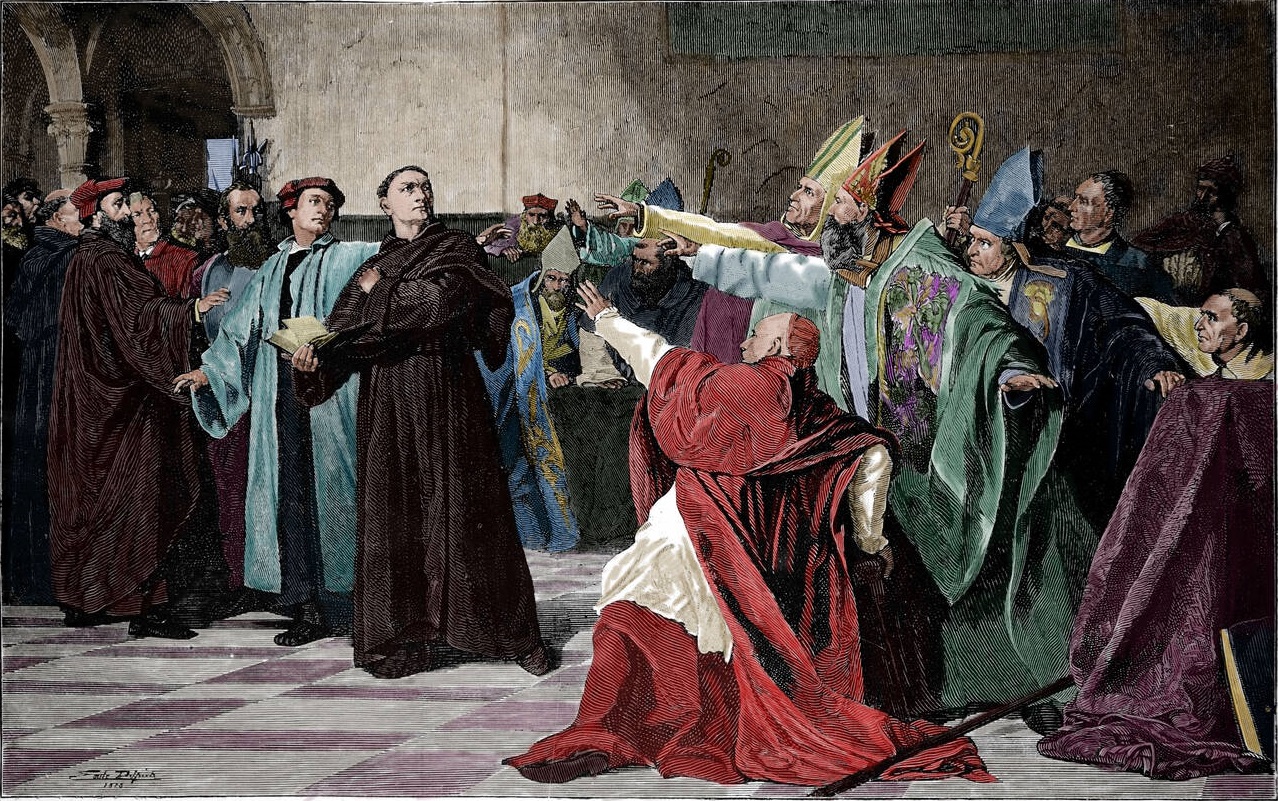
- The Protestant Reformation is often thought of as mostly a dispute between theologians.
- In actuality, the Reformation was a full-fledged revolution, toppling Europe’s mightiest powers and setting the stage for the Scientific Revolution.
- As Friedrich Engels put it in 1850, there is little difference between the struggles of medieval reformers and those of modern-day revolutionaries.
During the 16th century, preachers and theologians across Europe came together to voice their dissatisfaction with the Catholic Church, which they believed had strayed from the original teachings of Jesus Christ as outlined in the New Testament. They published pamphlets using the printing press, a new invention, and translated the Bible into vernacular languages so all could read it.
The Protestant Reformation, as their movement became known, proved too difficult for the conservative popes and cardinals to contain. Just a few short years after the German priest and professor of moral theology Martin Luther published his famed Ninety-Five Theses, the Christian faith, unified for much of the Middle Ages, split into various factions.
Nowadays, many view the Protestant Reformation as a conflict that took place only on paper: a contrived and somewhat supercilious argument between theologians and academics that may have changed the organization of religious institutions but, at least in the long run, had little impact on the way that ordinary people lived their lives.
This is a misconception. The Catholic Church was the single most influential force in the medieval world. Dismantling its centuries-long hegemony was no easy feat, and its fall from grace ushered in a whole new age. The Reformation’s political and economic ramifications are on par with revolutions in France, Russia, and America and deserve to be studied with the same interest.
The economics of the Protestant Revolution
The economic consequences of the Protestant Reformation were first brought to the academic community’s attention by sociologist Max Weber. Living in Prussia, Weber noticed that Protestant cities tended to be more affluent than Catholic ones, leading him to reflect on the possible correlations between Protestantism and prosperity.
In his 1905 book, The Protestant Ethic and the Spirit of Capitalism, Weber argues the Reformation and economic success were causally linked. His thesis has been confirmed by many studies, including one by economists Sascha Becker and Ludger Woessman, who looked at data from 452 counties in Prussia from 1871 and concluded that Protestants had a significantly higher income than Catholics.
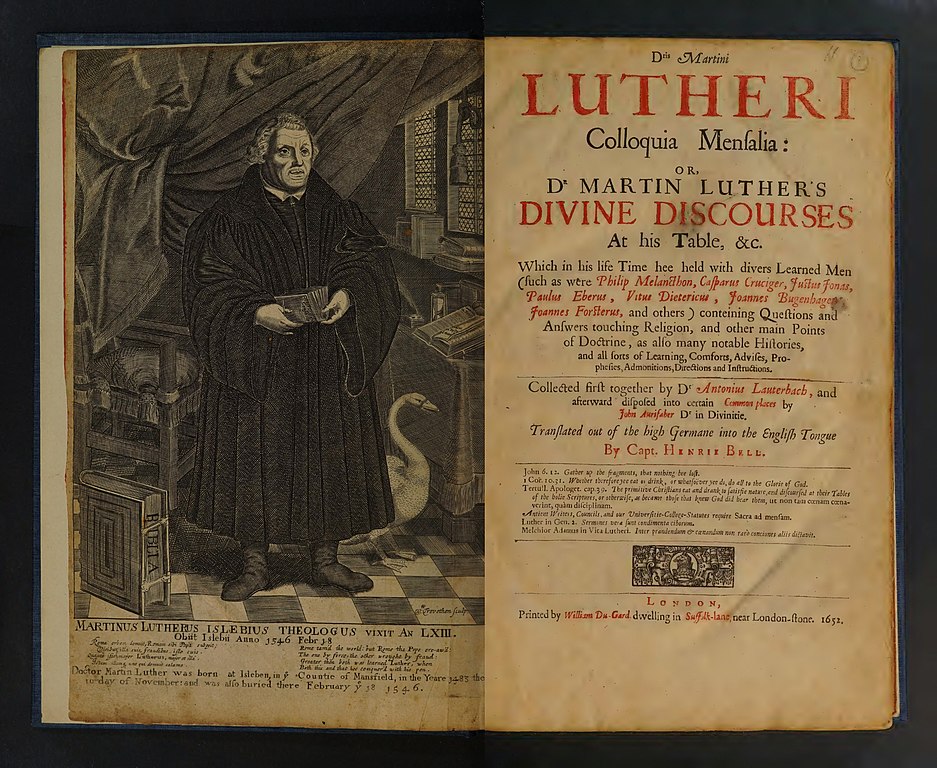
Although the literature concurs with the crux of Weber’s argument, there is some disagreement on which aspects of Protestantism are conducive to having a higher income. Weber identified two economically beneficial qualities that the austere Luther helped inspire in his followers: a tireless work ethic and an entrepreneurial spirit.
“The ability of mental concentration,” Weber wrote in The Protestant Ethic, “as well as the absolutely essential feeling of obligation to one’s job, are here most often combined with a strict economy which calculates the possibility of high earnings, and a cool self-control and frugality which enormously increase performance.”
How Martin Luther kickstarted the book trade
Becker and Woessman settled for a different explanation. According to them, the Protestant Reformation boosted Europe’s economy by improving literacy rates. For much of the Middle Ages, clergymen were the only members of society who were taught to read and write and did so in a language only they could comprehend: Latin.
This gave the Catholic Church exclusive access to Christian texts, allowing it to operate as an intermediary between man and God. Luther, aligning himself with an earlier reformer named John Wycliffe, believed religious wisdom should be accessible to everyone. To that end, he translated the New Testament into German, the same language in which he wrote his most influential work.
So great was Luther’s impact on literacy in Germany that, without him, the country’s printing industry may well have died off in its infancy. In a 2016 lecture, historian Andrew Pettegree explains how the preacher’s steadily growing readership helped turn his home base of Wittenberg from a sleepy, destitute town into an economic center, at least as far as the book trade was concerned.
“Printers got an immediate return for minimum investment,” Pettegree exclaims. “Luther, it very quickly became clear, was a safe bet for the printing industry.” His own book, Brand Luther, frames the preacher as the world’s first media personality. Luther’s popularity with readers shaped the modern book trade, paving the way for numerous philosophers, scientists, and authors.
Ending the monopoly of the Catholic Church
Most contemporary economists are of the opinion that competition is essential to economic development because it encourages innovation and efficient allocation of resources. For this very reason, they argue governments should try to create free market economies that encourage competition and, where possible, discourage the formation of monopolies.
This was certainly not the case in the Middle Ages, a time when the Catholic Church was as prosperous as it was powerful. A political force, the Church persecuted heretics and excommunicated kings. The Church was also not required to pay any taxes, meaning it could hoard an unprecedented amount of wealth through tithes and indulgences — the absolution of sin in exchange for silver pennies.
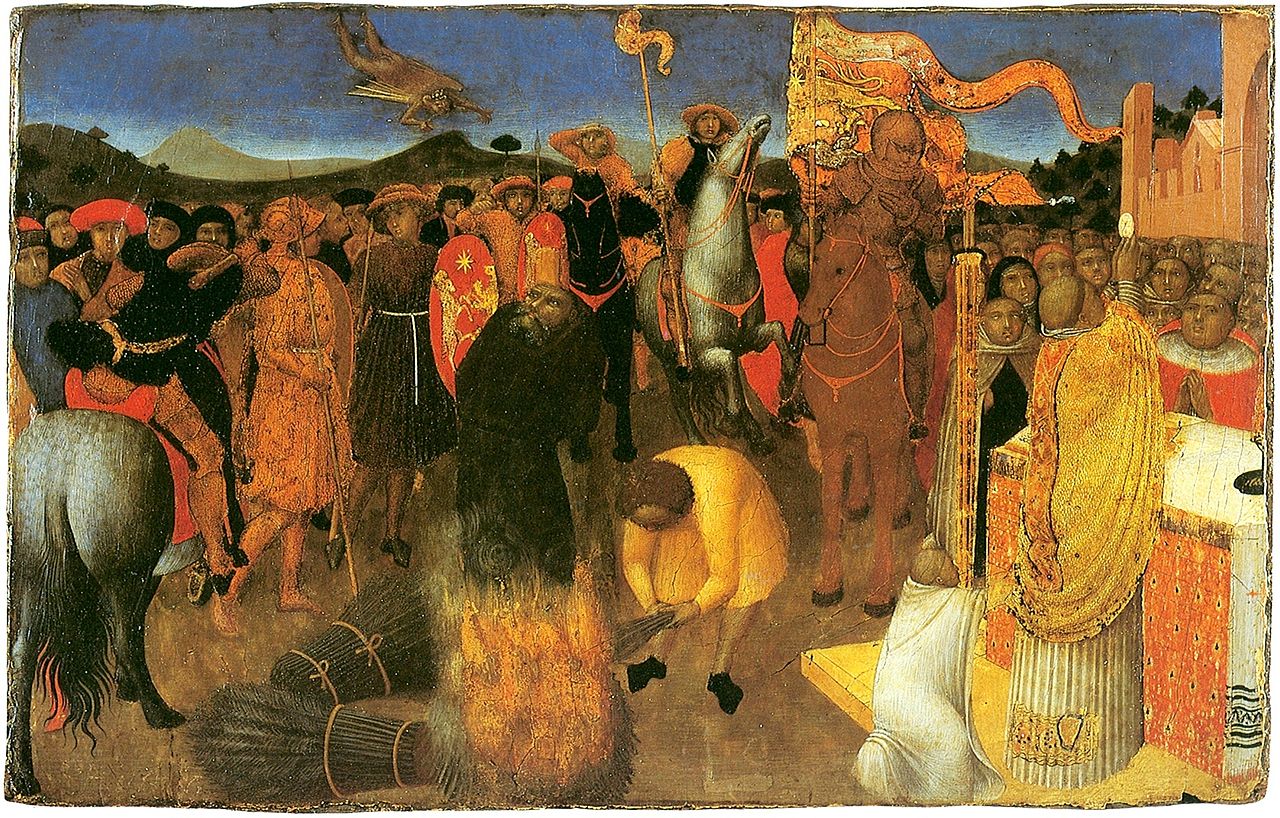
Like anyone who engages in rigorous Bible study, Luther came to disagree with the idea that sin could be forgiven through payment. His Ninety-Five Theses argued that salvation was, by definition, free, but that it could be attained only through the personal and unmediated contemplation of Christ’s wisdom. His Theses, in essence, ended the Church’s monopoly over the afterlife.
Luther’s victory over the Church introduced new degrees of religious freedom. The unhindered exchange of ideas that flowed from this freedom laid the foundation for the Scientific Revolution. Economists have also determined that the Reformation “produced rapid economic secularization,” creating a “shift in investments in human and fixed capital away from the religious sector.”
The political legacy of the Radical Reformation
Like any revolution, the Protestant Reformation was not a unified movement but a collection of increasingly divergent factions organized around seemingly irreconcilable beliefs. Luther, historians now concur, belonged to the Magisterial Reformation, a group campaigning for the separation between church and state while also maintaining good relations with secular rulers.
There was also another, smaller faction. Members of this faction, now referred to as the Radical Reformation, sympathized with the struggle of Luther, Ulrich Zwingli, and John Calvin. However, they also believed that these comparatively moderate reformers had made several concessions which stopped short of addressing the issues plaguing the Christian faith. Taking ideas in Luther’s Ninety-Five Theses to their extreme, the Radical Reformation came to the following conclusion: because the grace of God could only be attained through personal, unmediated contemplation, the sheer concept of organized religion was nonsensical and a deviation from pure Christianity as depicted in the New Testament.
Unsurprisingly, a focus on autonomy and aversion to organization splintered the Radical Reformation. Still, commonalities emerged among different sub-groups. Luther and Calvin were likened to the popes they rebelled against. Radical reformers also rejected infant baptism, claiming a person should come into the faith by their own choice, not by accident of birth.
Thomas Müntzer’s proto-communism
Some reformers sought to change not just religious institutions but secular ones as well. Thomas Müntzer was a preacher, theologian and, toward the end of his life, a commander in the German Peasants’ War of 1525, leading an inspiring but unsuccessful rebellion against the princes of the Holy Roman Empire, a political entity Müntzer considered anything but sanctified.
Müntzer’s argument was simple, simpler even than Luther’s. His only axiom, namely that “you cannot serve both God and money,” was more than a denunciation of Catholic indulgences; it was a call for the destruction of class-based society in general. After all, in a world created by God, there was no place for feudal lords; their mere existence was a violation of His will.
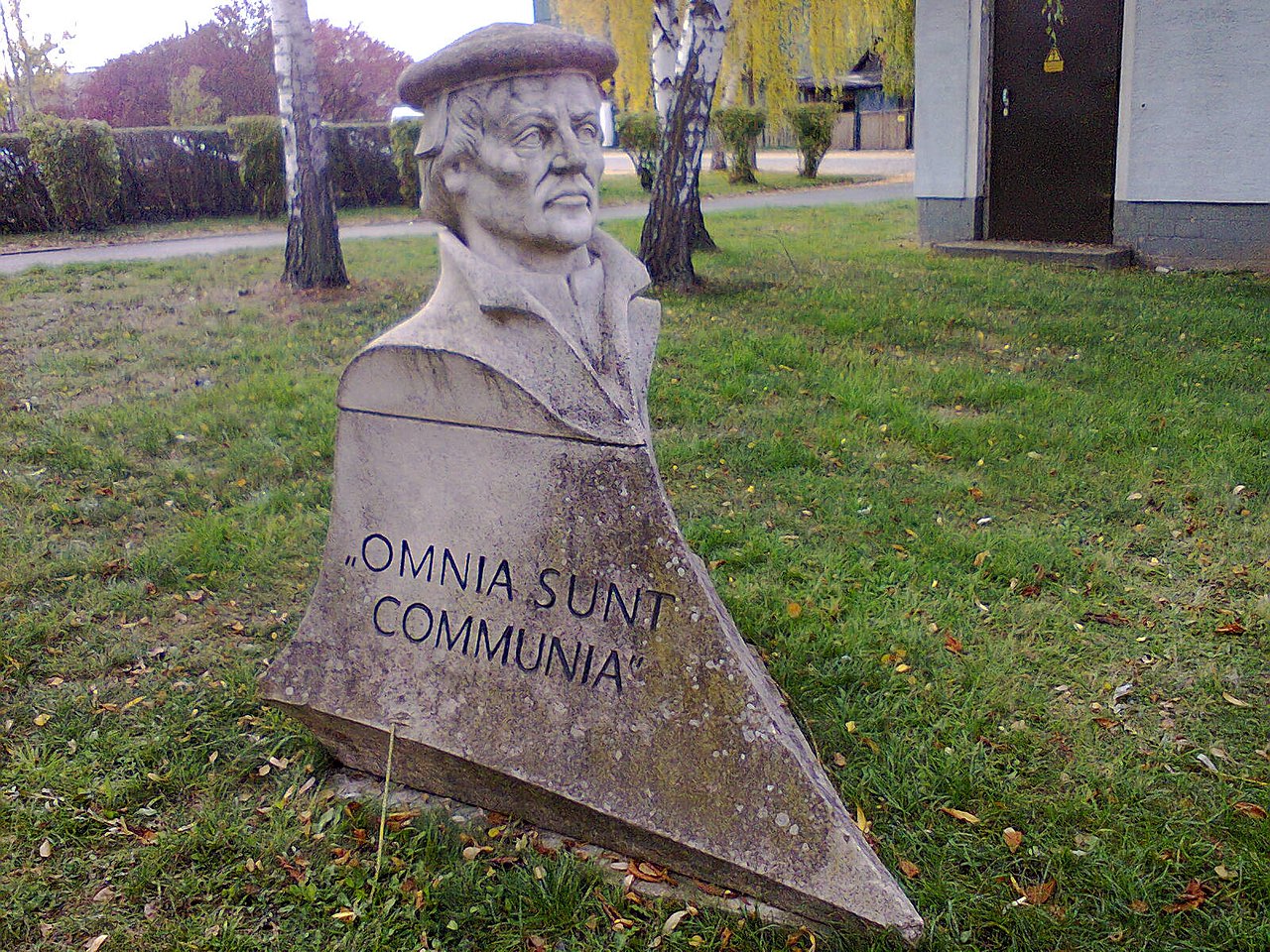
While Luther — a longtime friend and ally of Saxony’s ruler Frederick the Wise — published a pamphlet titled Against the Robbing and Murdering Hordes of Peasants, Müntzer was defeated, captured, tortured, and executed for treason. Though he was not nearly as influential as Luther, the radical reformer still left his mark on history, albeit several centuries after his death.
In 1850, Friedrich Engels wrote The Peasant War in Germany, which draws parallels between the Protestant Reformation and 19th century revolts against European monarchies. Engels saw Müntzer as a precursor to the communists, showing us that “still the peasant war is not as far removed from our present-day struggles… and the opponents we have to encounter remain essentially the same.”
